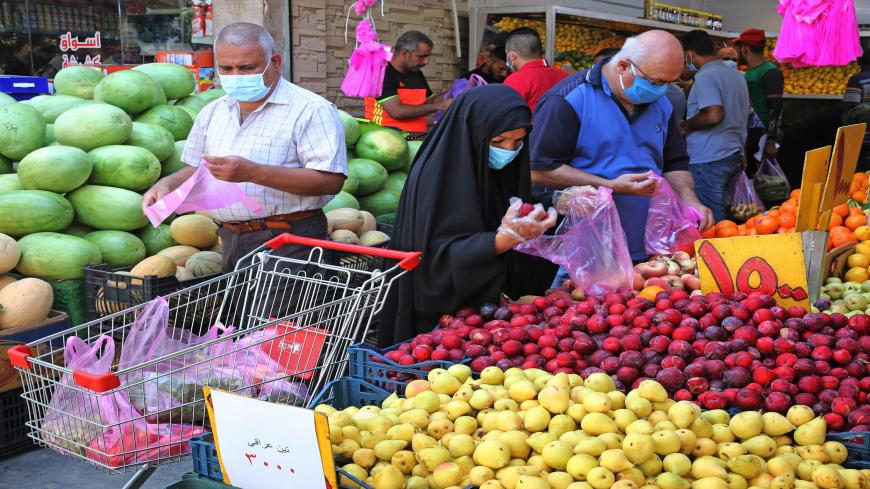Closing the Iraqi borders due to preemptive measures against the coronavirus has helped revive Iraq's agriculture sector and expand the work of Iraqi farmers who have increased their production to supply the Iraqi market, which had been relying on imports for 17 years.
Production has been so great that Agriculture Minister Mohammad al-Khafaji announced July 13, “a demand to export tomatoes, eggplants and potatoes at a quantity of 500 tons per crop. Several countries want Iraqi agricultural products, including meat.”



